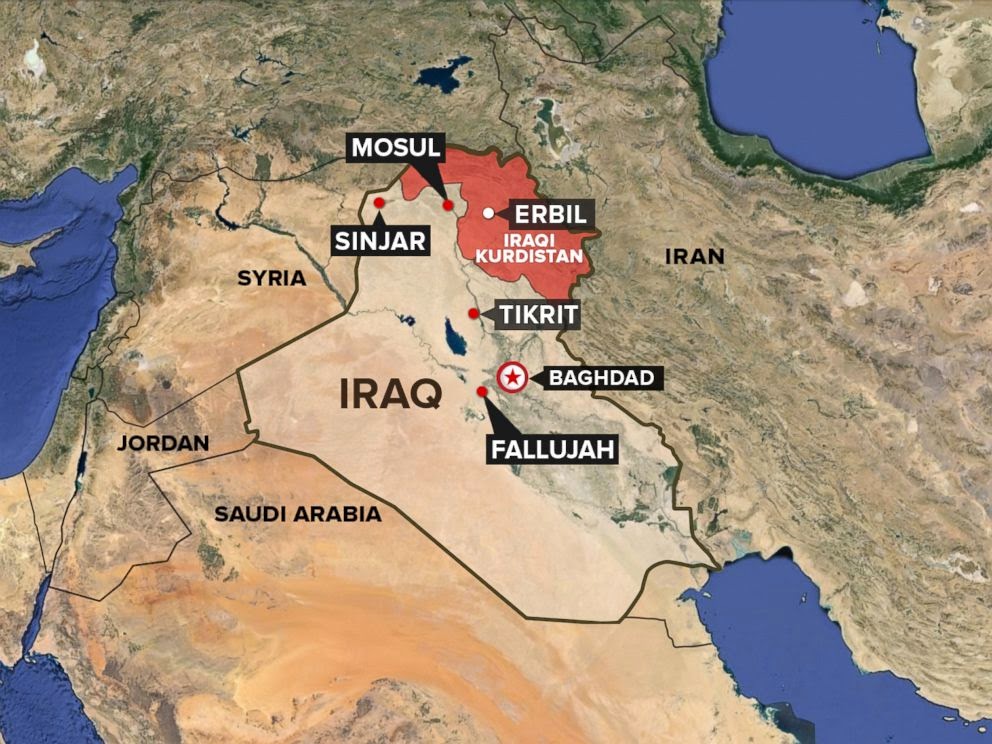(cont'd from yesterday's post)
All her life Sarah had heard that Israel was murderous against Arabs and that both evil Israel and America deserved death. But as a child she had some interaction with American military and found them to be kind. She listened to American music and started to learn English, later becoming a translator.
As a Miss Universe contestant, she took a photo with Miss Israel and posted it on social media. Her friends and family were terrified. The title "Miss Iraq" was taken from her and death threats followed, but she wouldn't back down.
After becoming a citizen of America, she visited Israel to speak -- and was shocked to see many Arabs living there peacefully beside Israelis, "walking together" as she puts it.
She rejects the hate that she was taught as a child and works for peace today from her home in Los Angeles.
from Jewish Journal












